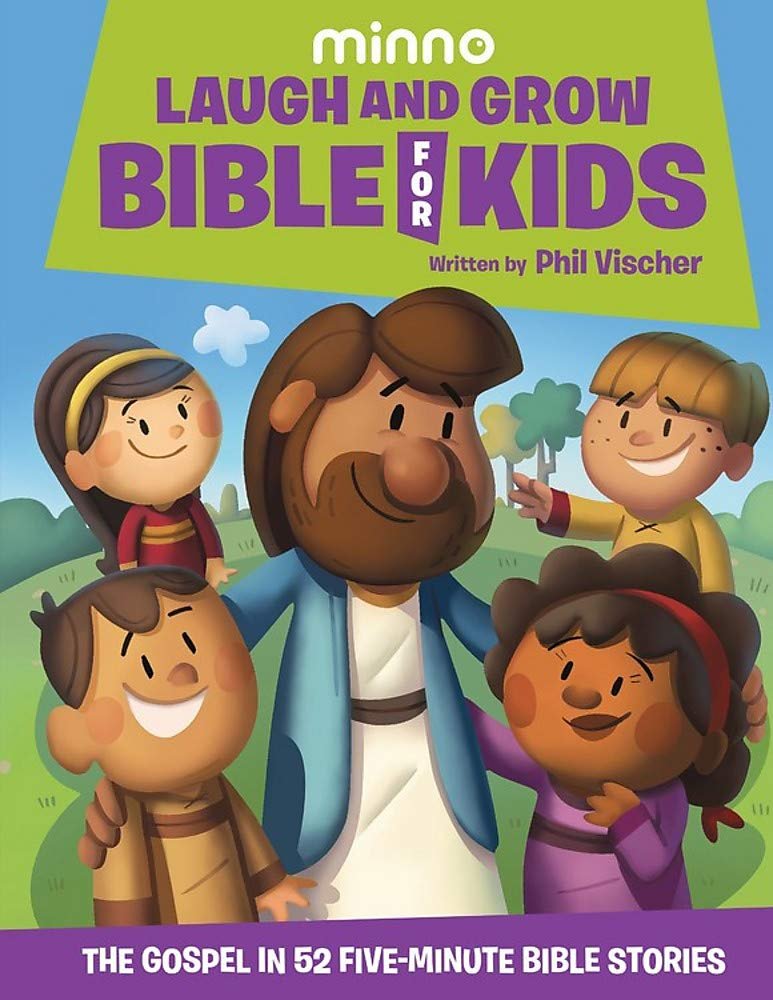Spiritual Disciplines
Bring your kids along for the journey as you learn and explore with Spiritual Disciplines. When going on this journey don’t put too much pressure on yourself to be perfect, this is a journey! We as Christians engage in spiritual practices for our whole life and just like anything else it takes practice and discipline! Each discipline offers us opportunities for us to draw closer to the heart of God, to be transformed by Him, and to become more like Him. Through this journey, be submersed in prayer for God to work in and through you and your children. Below you will find kid friendly explanations of what Spiritual Disciplines are, a deeper explanation of each discipline, and fun ways to incorporate them into your families routines and daily lives.
What are Spiritual Disciplines:
One might think of a “discipline” as something bad, such as a consequence or punishment. However, discipline actually means training or to practice. Just like athletes train or practice to become better and stronger, Christians have things they practice on a regular basis in order for them to know God, experience life with Him in a deeper way, and to become more like Him. Spiritual Disciplines are both practices we do by ourselves (inward practices) and with others that believe in Jesus (outward practices).
Spiritual Disciplines:
Prayer: Talk and listen to God. Prayer allows us to talk with God, to share with Him what is on our hearts and to hear from Him.
For more resources on prayer and practical ways to grow your child’s prayer life head to: https://www.frontlinegr.com/parentresource/2021/11/2/kids-amp-prayer
Mediation: The practice of reflecting on Scripture.
To teach this practice to your children you could use many different methods or forms. A simple way to get started is to teach the three S’s: silence, stillness and simplicity. Start by sitting up tall (do this alongside your children). With your hands in your lap, take a few deep and calming breaths. Close your eyes and just sit in stillness for a few seconds. Then begin saying,“We invite you here Jesus” slowly and quietly and end in a simple prayer telling God you trust Him. Each time your do this expand the amount of time.
Another way you could do this, is by reading a small section of Scripture or a verse and doing the same practice. Repeat that scripture several times, or encourage them to memorize it.
Fasting: Give up something for a while to focus on God. We fast to help focus our minds and hearts on Jesus.
Fasting is meant to center and focus on God. It is so important to teach our children what fasting is as a way to lay foundations for deeper and more meaningful experiences in the future. For health reasons, we do not recommend that kids under 12-14 fast from food. Try this instead: One night a week fast from TV or electronics and spend time praying as a family. A good passage to use when starting to fast with your children is Matthew 6:16.
Study: Read, study and memorize God’s Word. By doing this we grow closer to God because we learn more about who God is and how to live the way He calls us to.
Any age is the perfect age to start reading and memorizing the Bible to your kids and as they age they can begin to read it to you and then themselves. A few Bible suggestions are:
Infant/toddler: The Jesus Storybook Bible
Preschoolers/Kindergartners: Laugh and Grow Bible for Kids
Elementary Age: NIV Adventure Bible
Simplicity: Know that everything we have belongs to God. Simplicity is being content with what God has given you. It is also, having a heart that gives freely to others. We focus on God and His glory and not on what we do or do not have.
Read: Hebrews 13:5 NLT
Ask: Why do you think God doesn’t want us to love money?
How can we prioritize living simply and giving generously?
Challenge: Go through your closets and toy boxes and set aside items you don’t need or use anymore, then find a place to donate them!
Solitude: Spend quiet time alone with God. “Be still and know that I am God” - Psalm 46:10
Time alone with God is critical to the depth of our relationships with Him and the condition of our hearts and souls. Create a regular rhythm of time with God for yourself and your children. Start easy and establish a family rhythm of devotional time, modeling what time alone with God looks like. Then as they age and develop, have them start to set time away for them to spend time with God on their own.
Family Devotional Ideas:
How Great Is Our God: 100 Indescribable Devotions About God and Science
Jesus Calling Family Devotional: 100 Devotions for Families to Enjoy Peace in His Presence
Child Devotionals:
Submission: Give love, care and respect to others. Treat others as you want to be treated. Being willing to not get your way all the time and allowing others to be put before yourself.
Give your child gentle reminders that it is ok to not always get what we want and that it is ok to let others get their way or their turn. Provide opportunities for your child to practice giving to others their time or toys or extra turns or giving up something for someone else. Show your kids that we act and give the way that we would like to be treated or they way we want to receive things. Examples could be attitudes, kindness, love and material items.
Service: Serve others. We serve and express love to others to show our deep love for God and to live out what He calls us to do, love Him, and to love others as you love yourself.
To cultivate a servant heart in your children, talk and reflect regularly about their/our actions and how they hurt or help others. In the moment, call it out when someone is doing something kind for someone else. Point out when someone is putting others first and offer gentle correction when the opposite happens. Talk through situations with your kids in order to start to create a reflex muscle of thinking and putting others first. Ask your child questions like, “Your sister is sad, how can we serve her on this moment?” Also create a regular rhythm of serving together on an ongoing and constant basis.
Confession: Tell the truth about myself and about Jesus. Confession brings our heart in line with God, by remembering how He loves and forgives us.
Go first and display what confession looks like, invite your kids in when you have sinned or fell short. Show them how you come before God and ask forgiveness. Show them how you receive Gods forgiveness and how you take that experience to learn from and to grow to not fall into that sin again. Share with them Gods grace, mercy and love He has for you in that moment. When they fall short or sin, help walk them through the process in a non-judgmental way on how to come before God, ask for forgiveness and receive His grace and mercy.
Guidance: Learn to know God’s direction. Learn to discern and pray through where God is leading and to follow.
Model with your children what praying and discerning through something looks like. Allow them to see you wrestle through hard decisions or any decision where there is not a clear answer or a decision where you want to do one thing but think maybe the other option is better. Show them what prayer and allowing God to take the lead looks like. When an opportunity arrises where they need to make a decision allow them to feel the weight of it. Allow them to wrestle with it, guide them in praying, and giving control of the outcome to God.
Worship: Praise God and focus on Him. When we worship God we enter into Gods presence, we sing praise, we give thanks and we spend time with Him with our full focus and attention.
Read: Luke 4:8
Ask: How can we worship God at home and at church?
Challenge: As a family plan a worship night at home! Make sure to include reading of Bible stories, singing songs and praying. Maybe each person in the family can lead a different part of your worship night.
Additional Resources:
90- Day Kid Devotional: I’m a Christian Now Growing in My Faith by Lifeway Kids
Family Minno Life Guide: Spiritual Practices: The exercise if Growing with God
Link: https://shop.gominno.com/products/minno-life-guide-spiritual-practices
Resources used: Growing in My Faith by Lifeway & Minno Life Guides (Spiritual Practices)





